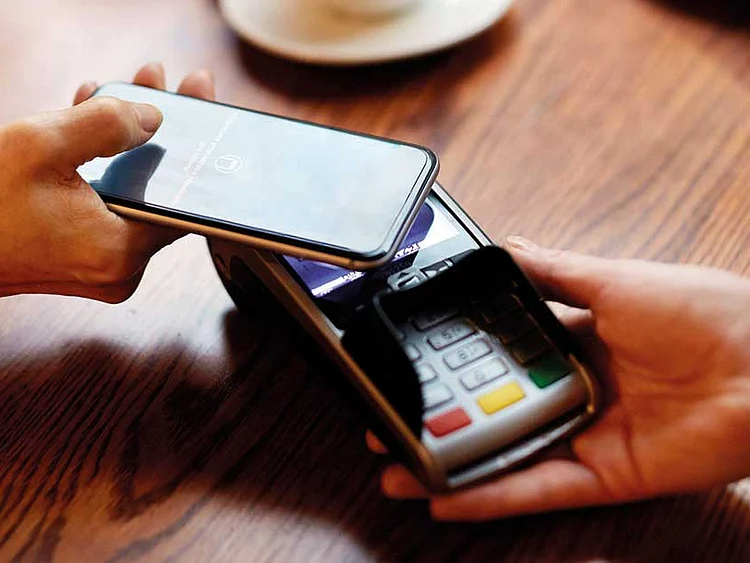Why cashless payment is catching on in UAE
September has seen the launch of two major cashless payment initiatives in UAE

Also In This Package
Abu Dhabi: The idea of having a cashless society for payments and banking is no longer just a distant dream, but fast becoming a new reality here in the UAE, with the global pandemic accelerating the country’s drive towards such a new system according to Ramana Kumar head of payments and digital banking at First Abu Dhabi Bank (FAB).
“People have started to see the value in [going cashless] and our customer transactions have picked up in terms of Ecommerce and digital payments,” he said.
Also Read
More residential options added at Dubai south residential districtTrees, birds, ponds: Mexico City's ancient lake reclaims scrapped airportAbu Dhabi: 9 places where rents have dropped in the capitalPhotos: Thai airways opens aircraft themed restaurant With airline fleets grounded, plane recyclers bet on parts boom“In terms of branch transaction migrations we have seen a phenomenal change in that, and so today our digital channels cater to more than 90-95 per cent of our overall transactions, which is a marked shift in customer behaviour,” he added, also noting that a big portion of that digital activity includes cashless payments.
And it’s not just bank customers that are setting the trend towards digitisation, but many merchants and businesses according to Kumar.
“There were merchants before – such as the baqalas of the world or some of the small scale merchants who always thought collecting cash is the best for payments.
“And so what happened regarding digital payments is COVID really pushed customers to say no these merchants, that they want to only pay with their card, mobile phone or eWallet,” he added. “This has led to a transformation, and today even baqalas in and around households they send the card machine when making their deliveries.”
Survival strategy
For many shops and businesses it became a matter of survival to shift towards digital payments said Kumar.
“During the peak COVID situation we went and fixed the machines in these merchant locations. There were merchants sitting with stock and no customers were visiting their shops, so we called them and we set it up for them remotely to link their payments digitally.”
Digital transformation
Kumar acknowledged the shifts in customer behaviour towards digitisation would have an obvious affect on physical branches, which he said would also help drive bank costs down.
“If I’m controlling everything from my phone [as a customer] why would I need to walk into a branch, why would I need to call a call centre, why would I need to physically go wait for parking and to physically walk in and worry about getting in touch or in contact with other people.
“The customer power or control drives all the cost factors for a bank. Digital payment by default drives the cost down for us,” he added.
That doesn’t however mean physical bank branches will no longer exist, instead Kumar says branches are becoming more digital savvy in how they will operate, with FAB investing heavily into turning their branches into what he calls “digital branches”.
Cashless initiatives
This month has seen the launch of two major cashless payment initiatives in the UAE. they include Abu Dhabi Pay, launched by Abu Dhabi Government Services (TAMM) in partnership with FAB, which allow residents and citizens to pay by using a digital wallet application for digital government services.
The second cashless programme - klip - was launched by Emirates Digital Wallet along with FAB, Mashreq Bank, National Bank of Fujairah and Mastercard. The initiative allows customers to transfer money to others through a mobile number and allows them to pay for goods using the existing merchant reach offered by partner banks.
Sign up for the Daily Briefing
Get the latest news and updates straight to your inbox
Network Links
GN StoreDownload our app
© Al Nisr Publishing LLC 2026. All rights reserved.